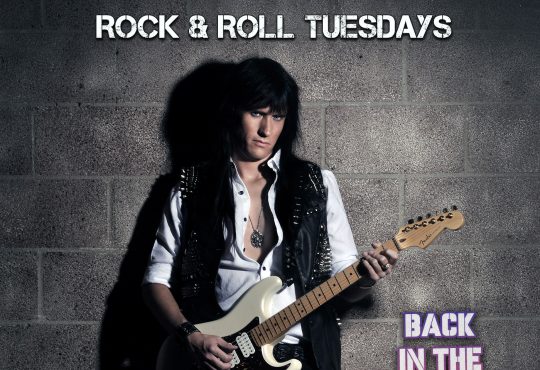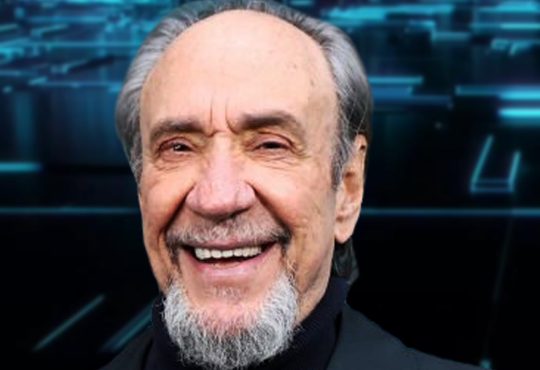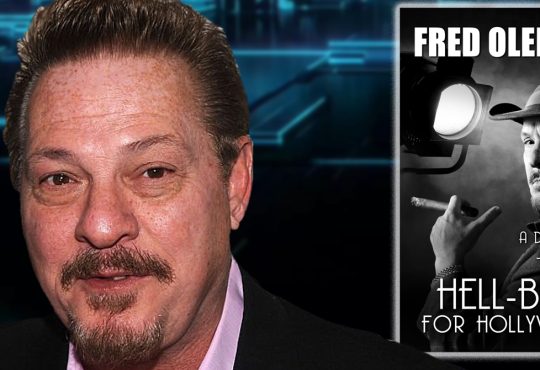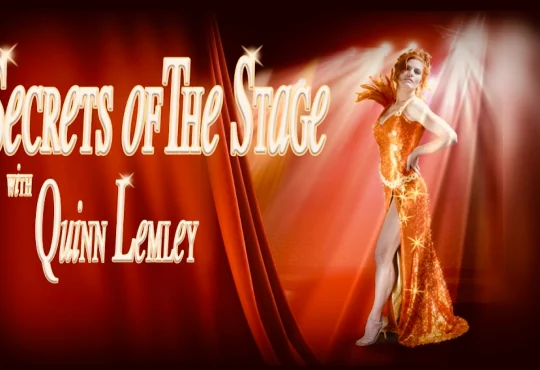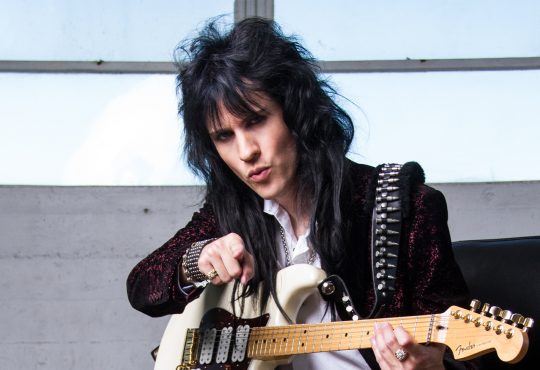Jam Master Jay Witness Details Run-DMC DJ’s Death at Trial
Jam Master Jay exclaimed “Oh shit” just before he was shot and killed in October 2002, according to testimony given in court on Wednesday. Uriel “Tony” Rincon, a friend and business associate of the late DJ (whose real name was Jason Mizell) explained his recollection of what happened when assailants entered a recording studio, killing the DJ and shooting Rincon in the leg to the jury at a Brooklyn federal court.
Rincon, who dried his eyes and sniffled during emotional testimony, told both a U.S. attorney and a lawyer for one of the defendants, Karl Jordan Jr., that he did not name Jordan as the shooter until years later because he worried about the safety of his family and himself. The court proceeding, for which Jordan and another man, Ronald Washington, are being tried for the DJ’s murder, began on Monday. Each man faces a minimum of 20 years in prison if convicted. Another man indicted for Mizell’s murder, Jay Bryant, will be tried later. Rincon was the first eyewitness to the shooting to give testimony.
At the time of the shooting, Mizell was recording the group Rusty Waters, which featured his friend and business partner, Randy Allen, and Mizell’s nephew, who went by Bo Scaggs. They were working at the 24/7 Studio in Jamaica, Queens on Oct. 30, 2002, when Mizell took a break to play video games with Rincon. Mizell had brought a gun with him to the session and put it on the couch next to him. In addition to Allen, others in the studio included Lydia High, Allen’s sister and Mizell’s “right hand” in his JMJ Records business (Rincon said she didn’t like him carrying a gun), a man named Mike B. and a “random female who rang the bell to get some attention, to sing on a track.” (Rincon said he did not know her identity.)
At 7:30 that night, Rincon testified that the studio’s front door opened and “I turn, and I see Mr. Jordan come towards Jay.” Mizell said he had seen him a few times before, so he recognized him. “He walked directly to Jay and made a potential handshake – half a handshake – and at the same time I heard a couple of shots,” Rincon said. “At the same time, my mom called me. I dropped my phone and looked at him at the same time. I see Jay fall.” Rincon told the court that Washington, whom he identified as “Tinard,” was guarding the door to the studio; he told High to stay down. The whole incident happened in 10 to 15 seconds. One of the two or three shots that Rincon heard, he said, hit him in the left leg above his knee.
After the shooter and his accomplice fled, Rincon said he told Allen they went towards the fire escape, with Allen taking Mizell’s gun. Police later retrieved a gun that Rincon said could have been Mizell’s in a parking lot.
In court, Rincon identified both Jordan and Washington, who were sitting with their respective counsels, pointing at them and describing them. The two men looked forward blankly.
During the testimony, Rincon said that Mizell “essentially fell” on him, and that Jordan, whom Rincon called “Little D,” “had to shake him off of himself.” After the shooting, Rincon said, “Little D ran out the door toward the fire escape,” and clarified that both men did this. “I’m on the floor, trying to tend to my wound and give Jay attention, comfort him, see if he’s OK, can he talk,” Rincon said. The attorney displayed a photo of Mizell’s body on the floor and an emotional Rincon testified that that was how he last saw him.
When Misorek asked why he didn’t immediately tell police who the shooter was, Rincon said he was scared. “It was a lot of things going on at one time,” he said. “I was surprised by who I saw and what happened.” He said that he told Allen that he’d seen both Jordan and Washington that night.
When Rincon attended Mizell’s funeral, he told the court that Jordan and his mother approached him and asked him, “Did you see who did it?” Rincon remembered, “I said no.” (A woman observing the proceedings in the gallery exclaimed “Wow” with a note of disgust in her voice at this revelation.) “I felt uncomfortable,” he said. Of the hundreds of other funeral attendees, Rincon said nobody else asked him if he’d seen who’d shot Mizell.
Rincon did not inform the authorities until 2017 whom he believed he saw shoot Mizell, and this period became the focus of questioning when Mark DeMarco, representing Jordan, began cross-examination. DeMarco repeatedly asked why Rincon wouldn’t name the shooter, to which Rincon repeatedly said, “I was scared.” At another point, he said, “I couldn’t believe who I saw.” DeMarco also asked why he gave false information to police and a New York Daily News reporter and lied about who the shooter was, to which he said he didn’t want to put his mother in jeopardy. He said he was scared even today.
After cross-examination, Misorek returned to counter some of the defense attorneys’ claims. When he asked Rincon if he had “any doubt” that Jordan shot Mizell or that Washington had yelled at High, Rincon said no.
Dr. Corinne Ambrosi, who worked for the medical examiner’s office at the time of the shooting and performed Mizell’s autopsy, also testified that Mizell died of a gunshot wound to the head, perforating the skull and brain, and ruled that the manner of death was homicide. Her report included that he was wearing white Adidas sneakers at the time of his death.
The U.S. government’s case argues that Mizell was working as a middleman in a drug operation around the time of his death. When a distributor refused to work with Washington and Mizell cut him out of a deal distributing cocaine, attorneys say Washington and Jordan teamed up to murder the DJ. An indictment includes Bryant, whom the government claims came in the front entrance of the studio’s building and let the two men into the studio. Both men have pleaded not guilty.
On Monday, the defense argued that their clients weren’t the killers, that witnesses may be taking part in cooperation deals with the feds, and that eyewitnesses waited a long time to come forward. They also suggested that witnesses’ memories become faded and fuzzy after decades.
Earlier in the week, Judge LeShann DeArcy Hall ruled that Jordan’s rap lyrics could not be admitted as evidence in the case. The U.S. attorneys had hoped to include a song called “Aim for the Head,” which Jordan had recorded in which he brags about shooting people in the head. DeArcy Hall ruled, though, that the lyrics weren’t specific enough for inclusion. “Jordan’s lyrics do not mention Mizell, the recording studio in which Mizell was killed, the other shooting victim, or any alleged accomplices,” she wrote. “These lyrics merely contain generic references to violence that can be found in many rap songs.”


